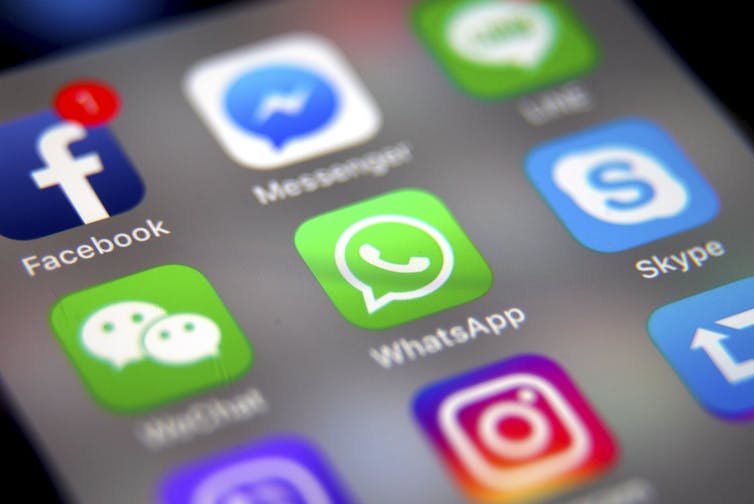The government and tech companies can’t prevent ‘fake news’ during the election – only the public can
Facebook isn’t responsive enough to fake news. The Australian Electoral Commission isn’t equipped to deal with it. And so, this election, the responsibility falls on the public to be “combatants in cyberspace”, argues Michael Jensen in this crossposting from The Conversation.
We’re only days into the federal election campaign and already the first instances of “fake news” have surfaced online.
Over the weekend, Labor demanded that Facebook remove posts it says are “fake news” about the party’s plans to introduce a “death tax” on inheritances. Labor also called on the Coalition to publicly disavow the misinformation campaign.

Claims of ‘fake news’ and misinformation campaigns have already arisen in the federal election campaign, a problem the political parties and tech companies are ill-equipped to address. Ritchie B. Tongo/EPA
An inauthentic tweet purportedly sent from the account of Australian Council of Trade Unions secretary Sally McManus also made the rounds, claiming that she, too, supported a “death tax”. It was retweeted many times – including by Sky News commentator and former Liberal MP Gary Hardgrave – before McManus put out a statement saying the tweet had been fabricated.


It is no surprise that people do spread fake news faster than the truth, however, I totally agree that we (as the public) need to combat and report this behaviour. We need to shift the power of behavioural expectations back to the people and ensure that these technology companies follow a social responsibility model – similar to the media, especially as the lines between publishing and connecting are now blurred.